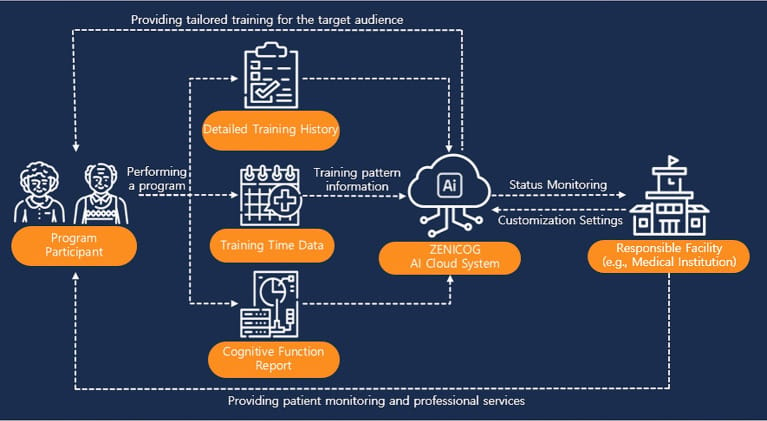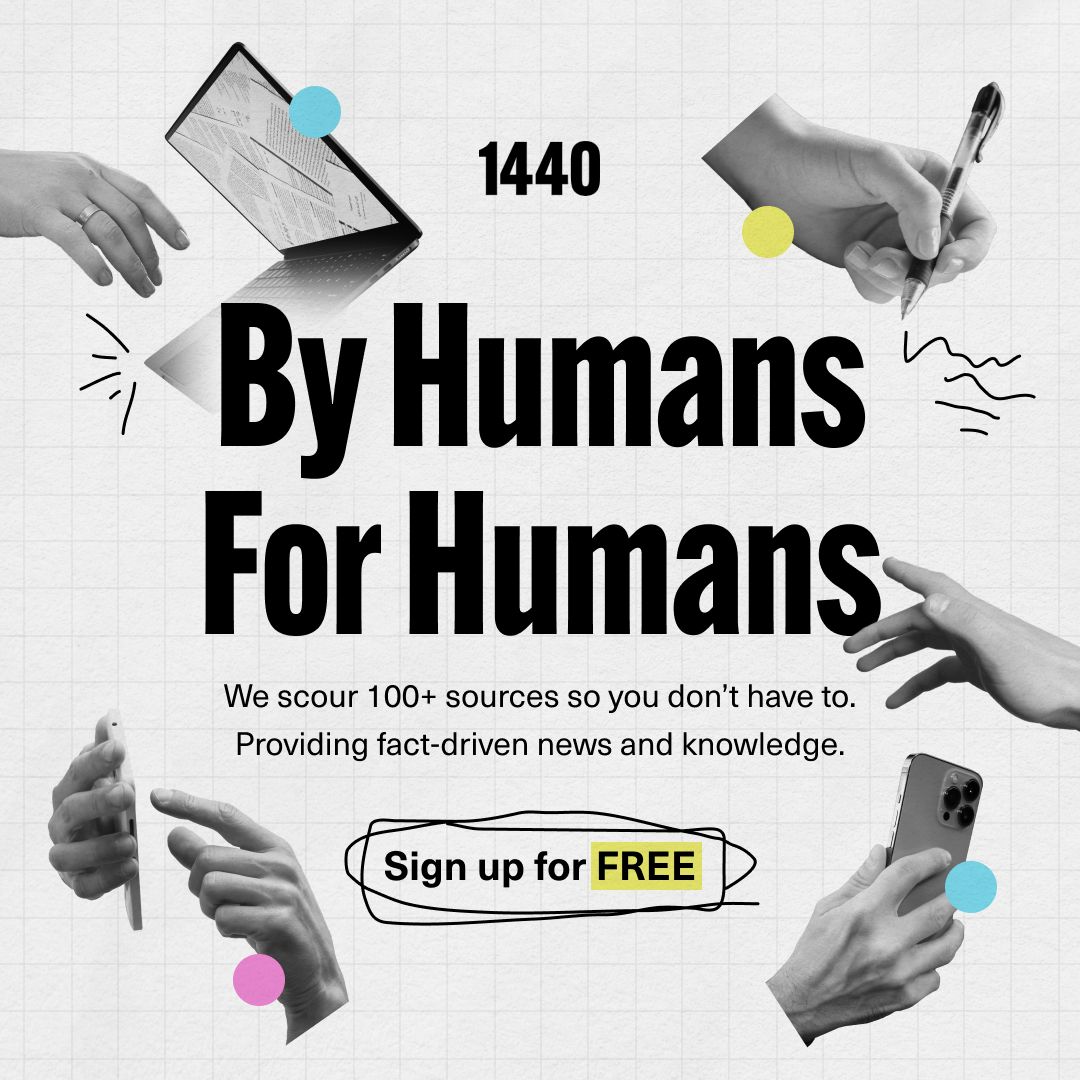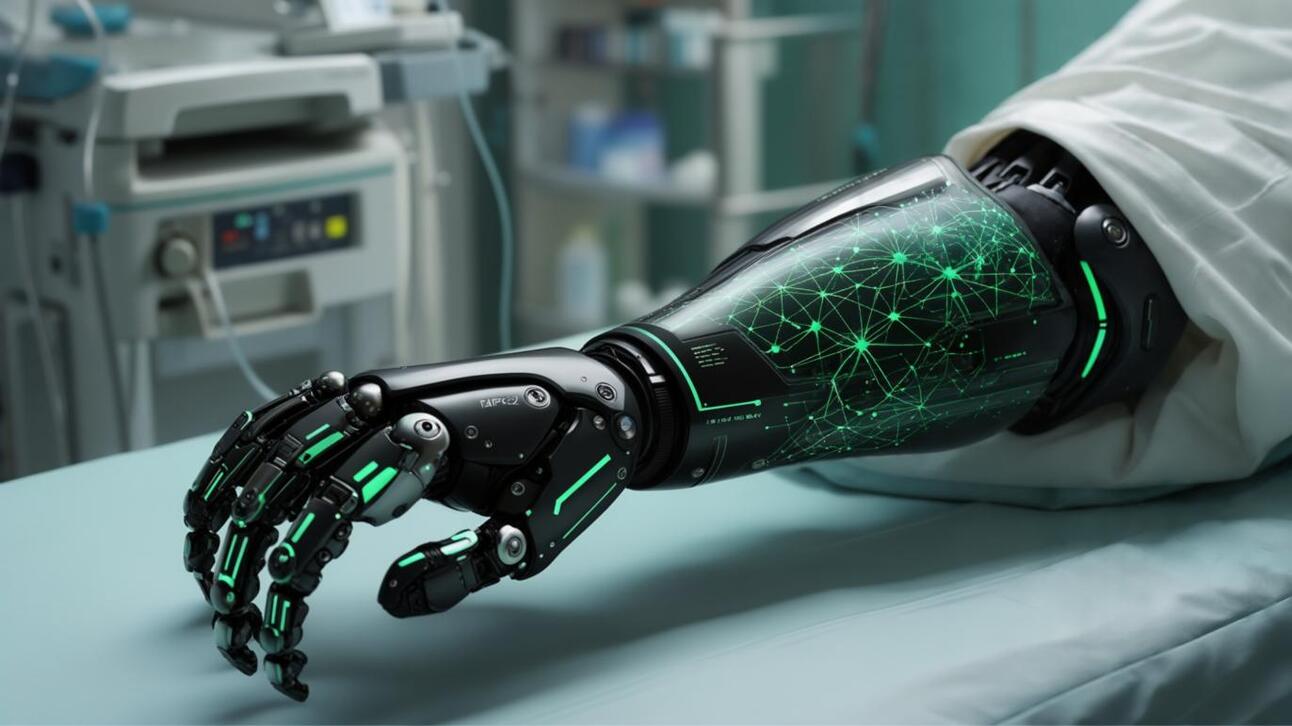Your career will thank you.
Over 4 million professionals start their day with Morning Brew—because business news doesn’t have to be boring.
Each daily email breaks down the biggest stories in business, tech, and finance with clarity, wit, and relevance—so you're not just informed, you're actually interested.
Whether you’re leading meetings or just trying to keep up, Morning Brew helps you talk the talk without digging through social media or jargon-packed articles. And odds are, it’s already sitting in your coworker’s inbox—so you’ll have plenty to chat about.
It’s 100% free and takes less than 15 seconds to sign up, so try it today and see how Morning Brew is transforming business media for the better.
Hi!
Welcome back to AIMedily.
Recently, Time Magazine released, for the 3rd year, a list of the 100 most influential people in AI.
AI-related technologies have accelerated, becoming a key driver of the global economy. From finance, manufacturing, media, education, and healthcare, AI is redefining industries and influencing how we live.
If you want to check the list, it’s on the 🧬AIMedily Snaps section.
Now, let’s dive into today’s issue.
🤖 AIBytes
Researchers conducted a randomized controlled trial (RCT) to test whether an AI self-guided telerehabilitation program could improve post-stroke cognitive recovery compared to standard therapy.
🔬 Methods
Participants: 63 subacute adults post-stroke with cognitive impairment.
Intervention: 24 sessions over 6 weeks using either:
An AI telerehabilitation platform providing personalized, adaptive cognitive exercises remotely using the same platform.
Group cognitive therapy with a therapist.
Duration & Measures: Standardized neuropsychological outcome measures (attention, memory, executive function).
Korean Mini-Mental State Examination-2 [K-MMSE2].
Psychosocial measures
Usability
You can check the tools by clicking on the them.

📊 Results
Both groups had significant improvements in all primary cognitive measures.
There were no statistically significant differences between them.
Gains were particularly strong in attention and executive function domains.
Engagement and adherence were higher in the AI group, possibly due to personalized exercise adjustments and remote accessibility.
🔑 Key Takeaways
AI self-guided cognitive telerehabilitation is a scalable alternative to conventional cognitive therapy post-stroke.
Improves cognition, especially executive function.
Can expand rehabilitation access for patients in rural or resource-limited areas.
💡For patients who have accessibility problems, this tool can be useful to provide them with cognitive rehabilitation.
🔗Kim S, Park S, Jeong T, Kang M, Kim DY. AI-driven cognitive telerehabilitation for stroke: a randomized controlled trial. Front Neurol. 2025;16:1636017. doi:10.3389/fneur.2025.1636017
This observational study tested the potential role of ChatGPT and Gemini in designing personalized rehabilitation programs for patients with knee osteoarthritis.
🔬 Methods
Participants: 40 patients. 40-65 years old with knee osteoarthritis grade 2 or 3 (Kellgren-Lawrence classification).
Assessments:
Age, gender and, Body Mass Index
Range of motion (goniometer)
Muscle strength (dynamometer)
Balance: Single-leg stance test and Four Square Step Test
The data obtained was used to generate individualized rehabilitation programs divided into 3 phases. They used structured prompts with ChatGPT-4o and Gemini Advanced.
Also, 3 physiotherapists made a rehabilitation consensus program for each patient with the same data.
Both programs were evaluated for the presence or absence of 50 parameters (treatment modalities, exercise specifics, progression, and discharge criteria, based on established standards).
📊 Results
The alignment with the physiotherapists consensus treatment was:
ChatGPT-4o 74%
Gemini Advanced 70%.
Notable gaps were found in exercise frequency, sets, and progression criteria.

🔑 Key Takeaways
ChatGPT-4o and Gemini Advanced showed promising capabilities in generating personalized knee osteoarthritis rehabilitation programs that align with expert consensus.
Both LLMs show limitations in:
Clinical reasoning
Guideline adherence
Data accuracy
Detailed exercise prescription
💡These models could serve as supportive tools, potentially reducing planning time and standardizing care, but always under the supervision of an expert.
🔗Kim S, Park S-W, Jeong T, Kang M-S, Kim DY. The Role of Artificial Intelligence Large Language Models in Personalized Rehabilitation Programs for Knee Osteoarthritis: An Observational Study. J Med Syst. 2025;49(73). doi:10.1007/s10916-025-02207-x
🦾TechTools
AI Chatbot for Medical Questions
Gives you instant, evidence-based answers with PubMed links.
Can create diagnostic reports, treatment plans, and patient education.
You can switch between different LLM models.
HIPAA-compliant. Privacy protection.
You can create a chatbot with your data.
Online platform for healthcare education and training, including Physical and Occupational Therapy.
Included motion-capture using mobile phones or a computer to monitor therapeutic exercises, gives feedback to the patient and clinicians, and tracks their progress.
Provides customizable home exercise programs.
Includes telehealth tools for remote patient care.
If you don’t enjoy writing (or have carpal tunnel syndrome), this is for you:
Real-time speech-to-text across all apps.
Dictates up to 200+ words per minute with 99% accuracy.
Has a medical edition: HIPAA-compliant, Electronic Health Record-ready, and includes medical vocabulary.
Transcribes, edits, and auto-formats anything you say.
🧬AIMedily Snaps
Time 100 AI 2025: Meet the innovators, leaders, and thinkers reshaping our world through artificial intelligence (Link).
Mount Sinai researchers use AI and lab tests to predict genetic disease risk (Link).
Is AI actually good at medical reasoning? Dr. Ethan Goh, from Stanford (Link).
Can AI lower burnout with Ambient Documentation? (Link).
If research is your thing, here’s a paper on frameworks for AI in clinical trials from The Lancet (Link).
🧩TriviaRX
Which early rehabilitation tool was inspired by sewing machines?
A) Continuous passive motion device
B) Mechanical exercise bike
C) Pulley-and-weight system
D) Orthotic knee brace
Do you know the answer? Let me know!
Now, let’s see if last week you guessed the correct answer.
✅ D) Peter Eriksson et al.
Their research showed evidence of adult neurogenesis in the hippocampus.
That’s all for today.
As always, thank you for taking the time to read.
You’re already ahead of the curve in AI in rehabilitation medicine — don’t keep it to yourself.
Forward AIMedily to a friend who’d appreciate the insights. Thank you for sharing!
See you Friday.
Itzel Fer, MD PM&R
Forwarded this email? Sign up here
How did you like today's newsletter?
Fact-based news without bias awaits. Make 1440 your choice today.
Overwhelmed by biased news? Cut through the clutter and get straight facts with your daily 1440 digest. From politics to sports, join millions who start their day informed.









